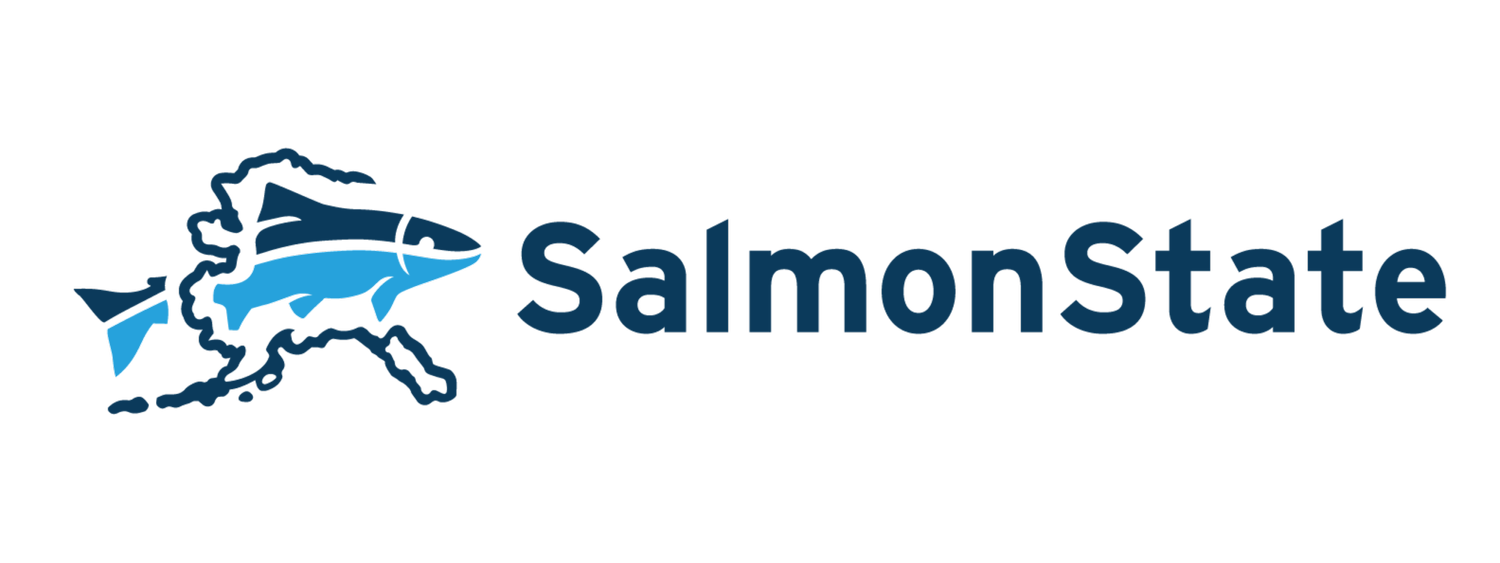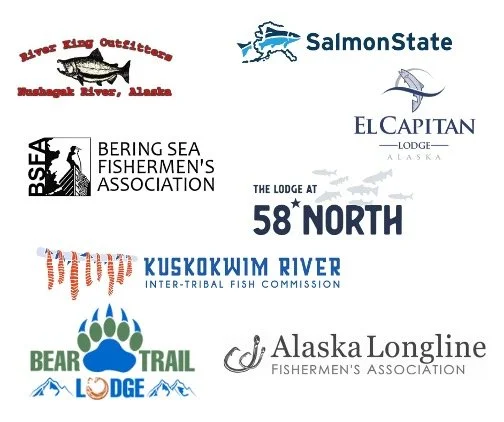Featured Press Release
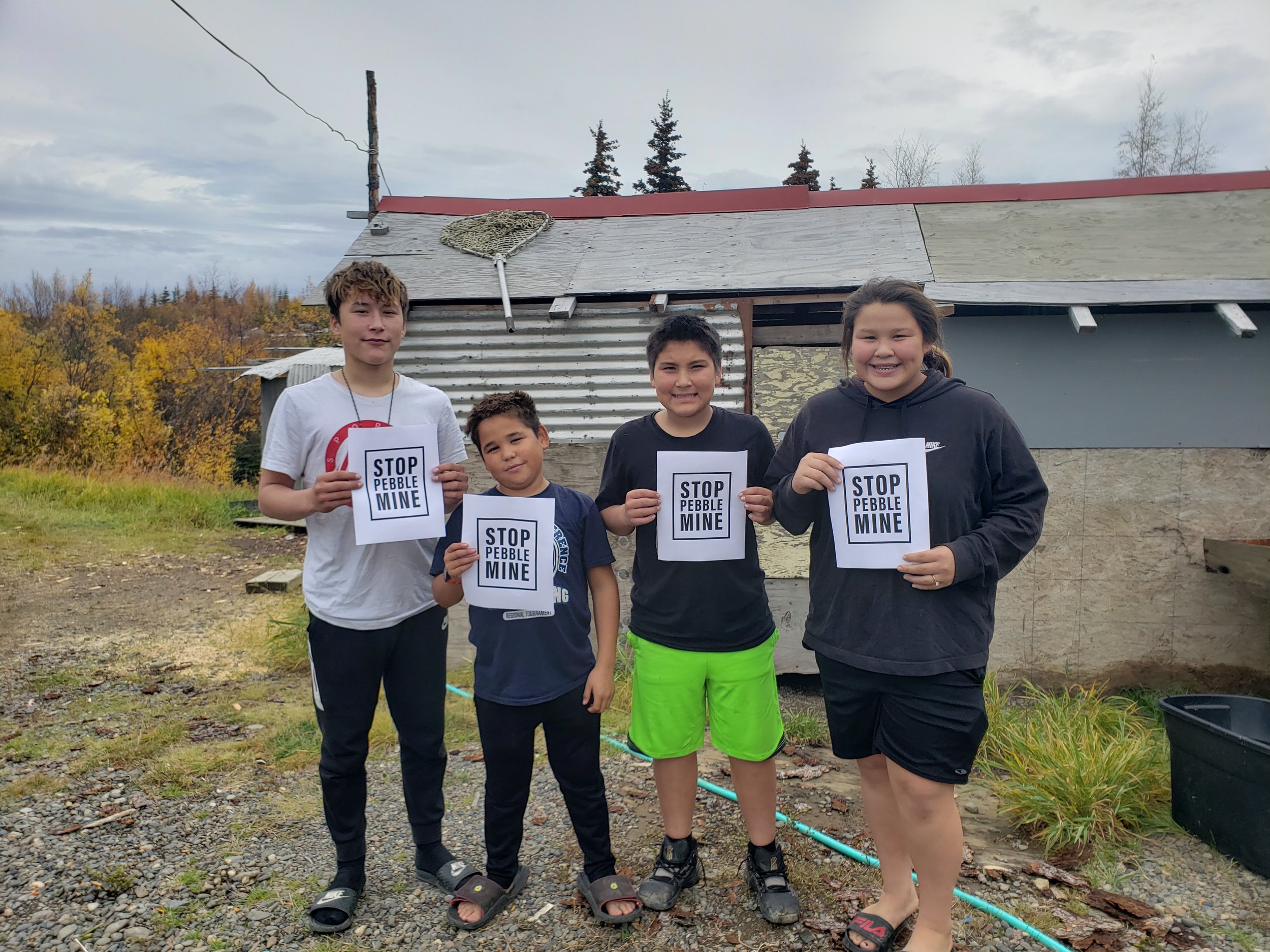
EPA protects Bristol Bay, Alaska from toxic Pebble Mine
ANCHORAGE, AK— SalmonState today cheered the issuance of a series of safeguards by the Environmental Protection Agency that will protect the headwaters of salmon-rich Bristol Bay, Alaska and prevent the construction and operation of the proposed Pebble open pit mine.
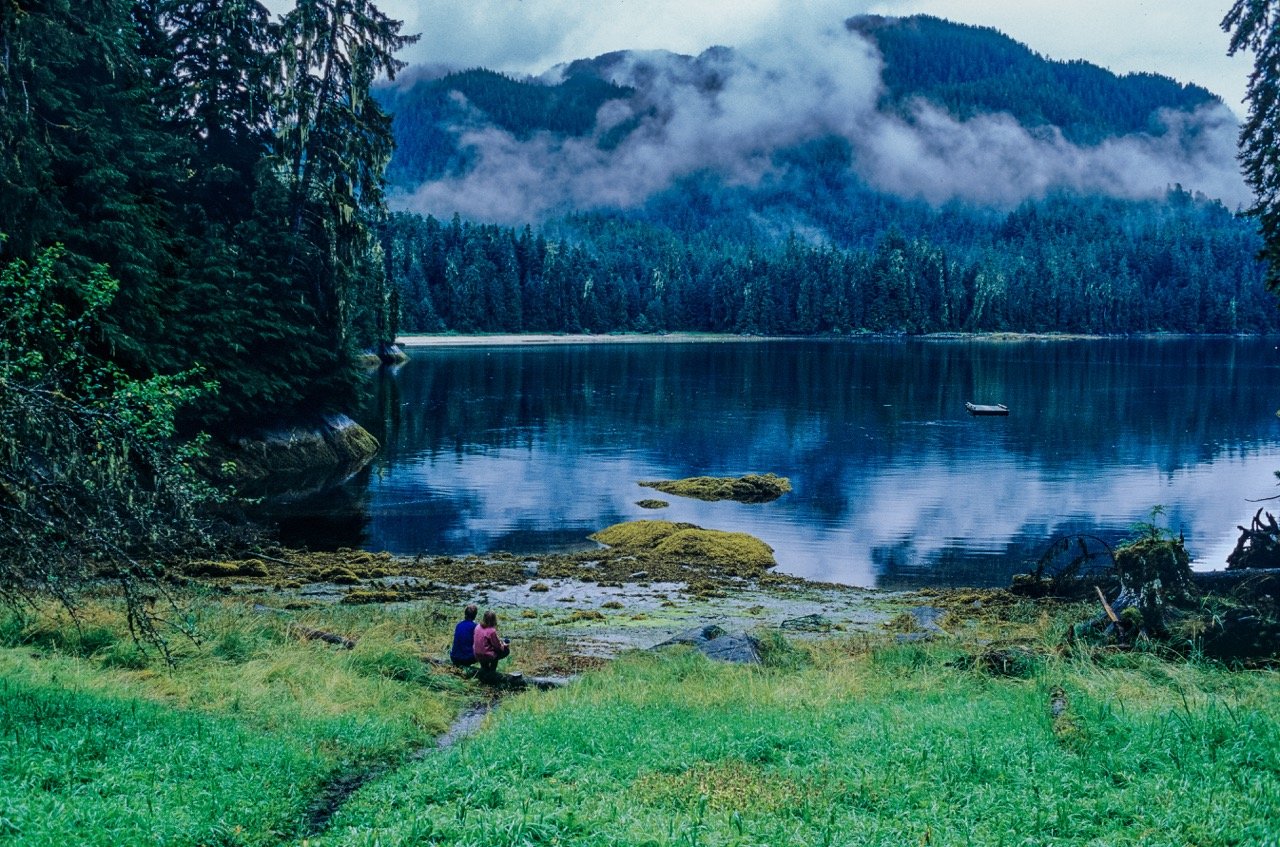
SalmonState commends Roadless Rule reinstatement
JUNEAU—SalmonState commends the U.S. Department of Agriculture’s decision today to reinstate the 2001 Roadless Area Conservation Rule, which comes in response to overwhelming support in Southeast Alaska. The reinstatement is a core element of the U.S. Forest Service’s Southeast Alaska Sustainability Strategy — a new approach to land management and development that puts Southeast Alaskan communities and Tribes squarely in the lead.

Despite task force recommendations, North Pacific Fishery Management Council again fails to act on bycatch
ANCHORAGE— Despite hearing hours of heartfelt, powerful testimony from Indigenous Alaskans, fishermen, and other concerned citizens and after receiving recommendations from Governor Mike Dunleavy’s Alaska Bycatch Review Task Force, the North Pacific Fishery Management Council failed to take meaningful action to reduce the pollock trawl fleet’s prolific catching, killing and wasting of highly valued king salmon, chum salmon, snow crab and Bristol Bay red king crab. One bright spot from the week-long meeting, however, was a report from the National Marine Fisheries Service (NMFS), which indicated it may review guidelines governing bycatch.

North Pacific Fishery Management Council to determine whether or not to act on bycatch
ANCHORAGE—The North Pacific Fishery Management Council, which is tasked with managing the Bering Sea Aleutian Island and Gulf of Alaska pollock trawl fleet, will meet over the next seven days to determine whether or not it will take meaningful action to address the trawl fleet’s prolific bycatch of king salmon, chum salmon, red king crab, snow crab, and other species.

SalmonState on AIDEA CEO Alan Weitzner’s departure
Funds that keep AIDEA afloat could instead be used for things Alaska truly needs: law enforcement, schools, road maintenance, or higher PFDs, not highly speculative gold projects pumped by foreign junior mining companies. Now is the perfect time for decision-makers and the public to take a close look at AIDEA, and to demand Alaskans’ money be used for the benefit of Alaskans
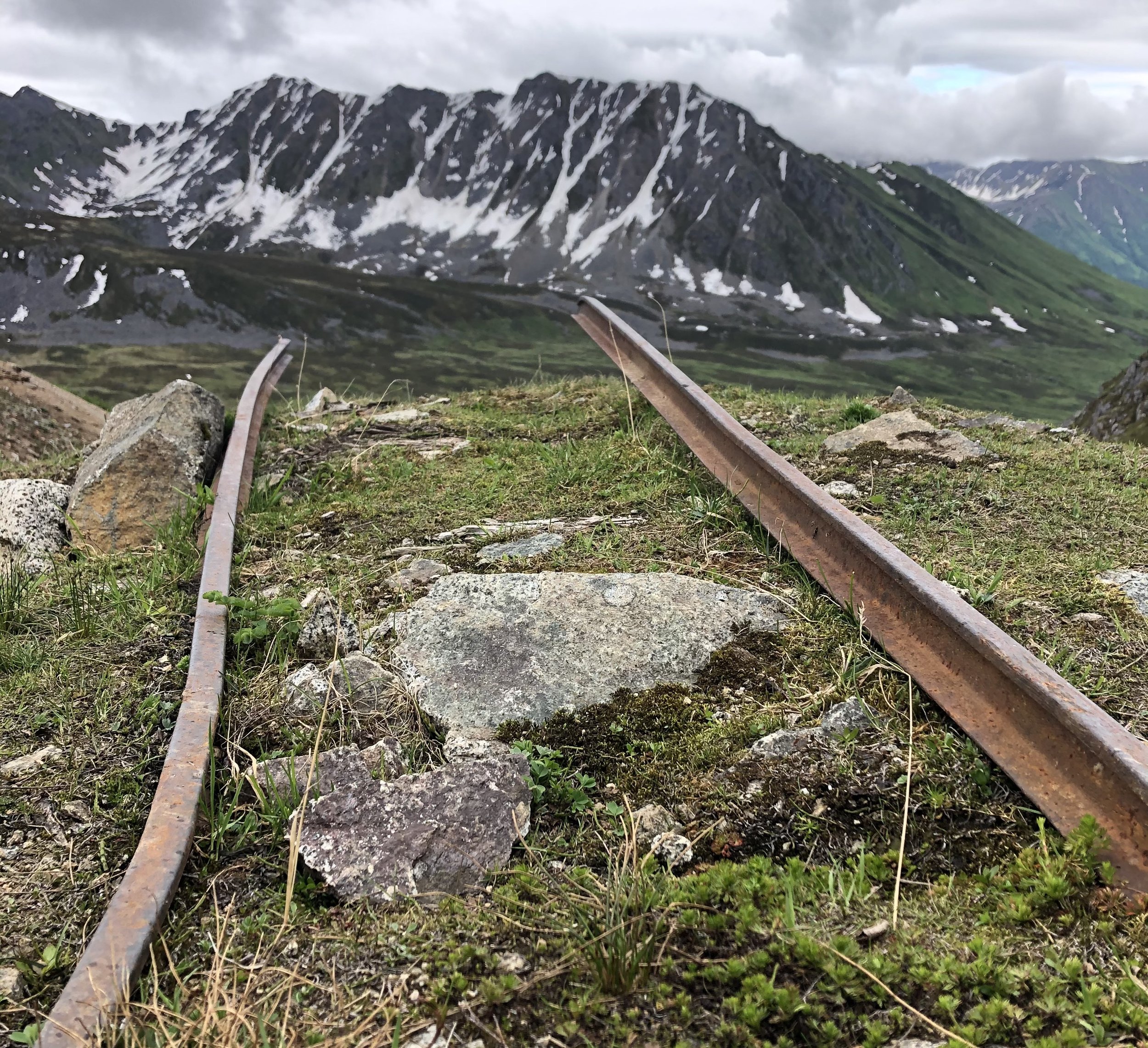
New economic report(s): AIDEA’s “investments” are politically-driven gambles that have lost Alaskans billions.
JUNEAU—An in-depth new report analyzing the Alaska Industrial Export and Development Authority’s (AIDEA’s) costs shows that AIDEA’s project decisions are more politically driven, losing gambles than they are investments. AIDEA has not only mostly failed to create jobs or wisely invest state funds, it has cost Alaskans $10 billion over the years — a figure that equates to $27,842.74 per hour.
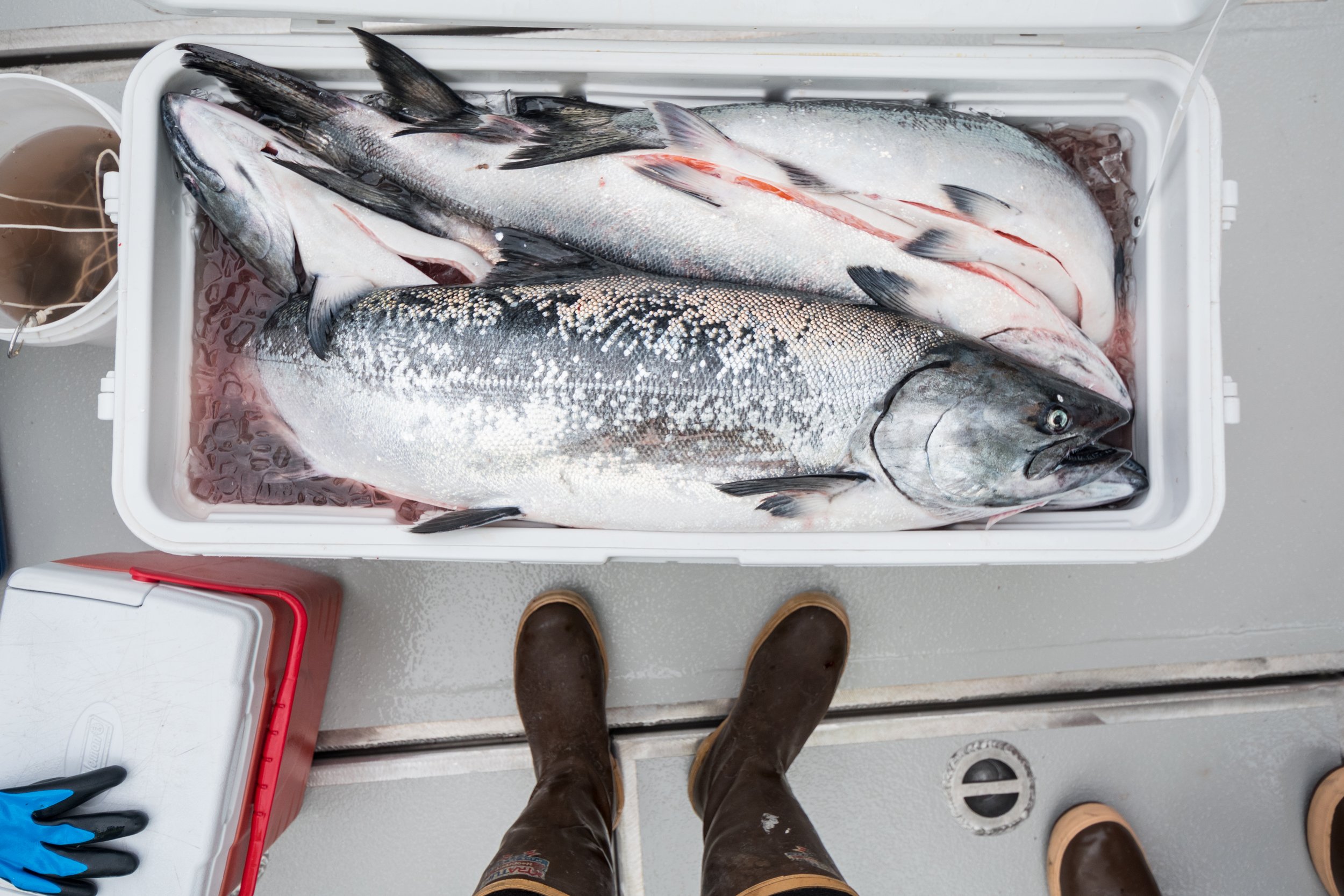
Fishermen and conservation groups call on Alaska's leaders to stand up to misguided Pacific Northwest lawsuit attacking Alaskan fishing families
Juneau, AK - Alaska fishermen and conservation groups called a recent Washington federal court ruling that is requiring more review of the impacts of Chinook salmon harvest by Alaska trollers on endangered Puget Sound killer whales a “dangerous distraction,” and “scapegoating at its worst.” The August 8th ruling in the suit, filed by the Washington-based Wild Fish Conservancy, will likely mean more environmental analysis of the impacts of Southeast Alaska’s highly regulated hook and line fishing for Chinook salmon, leading to more uncertainty for small-boat fishermen throughout the region.
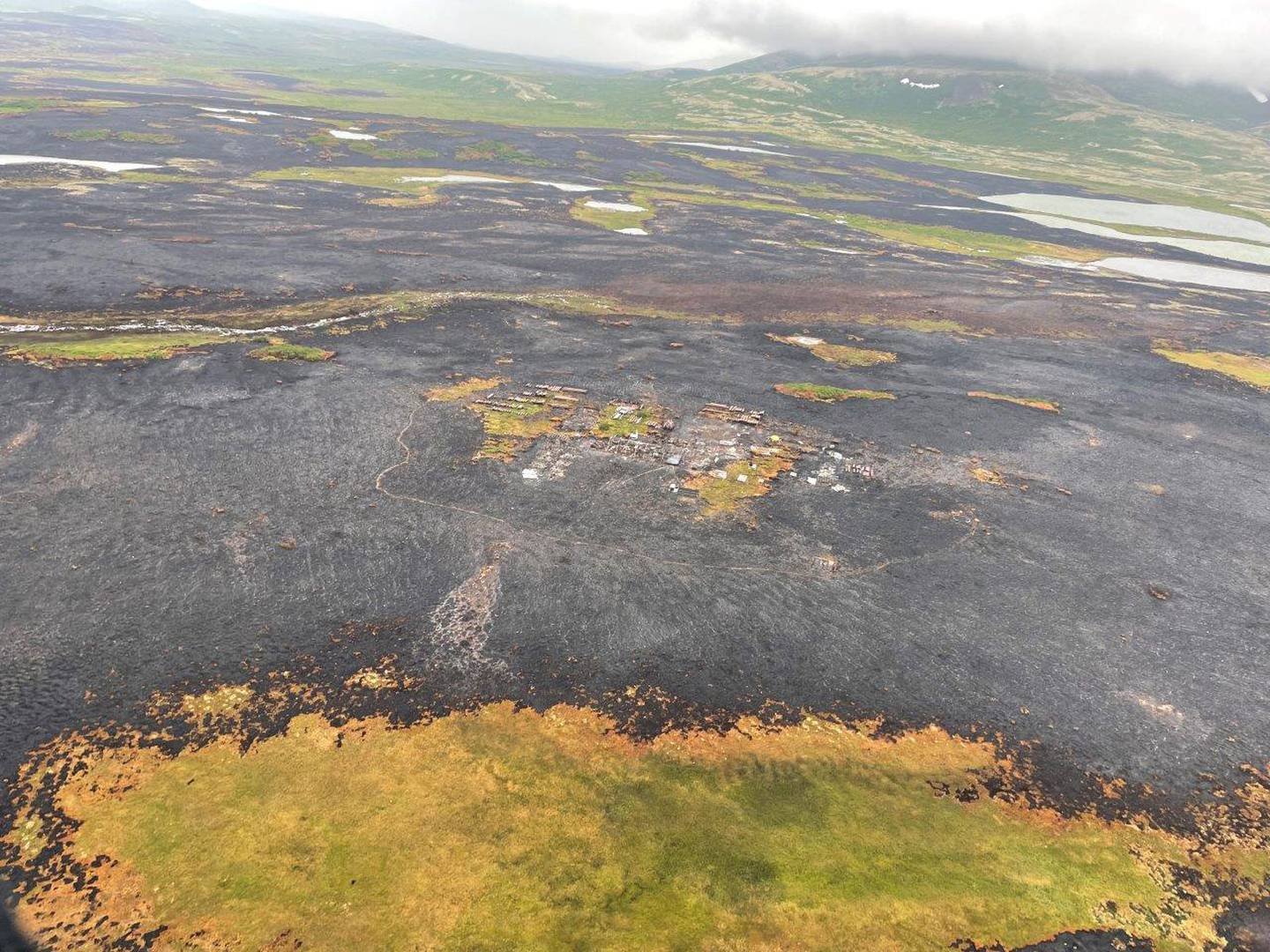
Pebble Mine’s supply camp destroyed by wildfire; mess on state land highlights risks and liabilities of proposed project
HOMER—On June 30, the proposed Pebble Mine’s supply camp at headwaters of Bristol Bay burned to the ground in a wildfire, leaving a charred mess of melted metal on state land. Meanwhile, July 11, Bristol Bay’s fishing fleet broke its harvest record, reaching 46,564,310 sockeye salmon harvested. The total Bristol Bay sockeye salmon run record is expected to be broken this week, but as of July 11, it was 61,043,165. The contrast between the charred mess of the proposed Pebble Mine’s helicoptered-in materials and the sustainable, record-breaking, world treasure of the Bristol Bay sockeye salmon run could not be more clear.
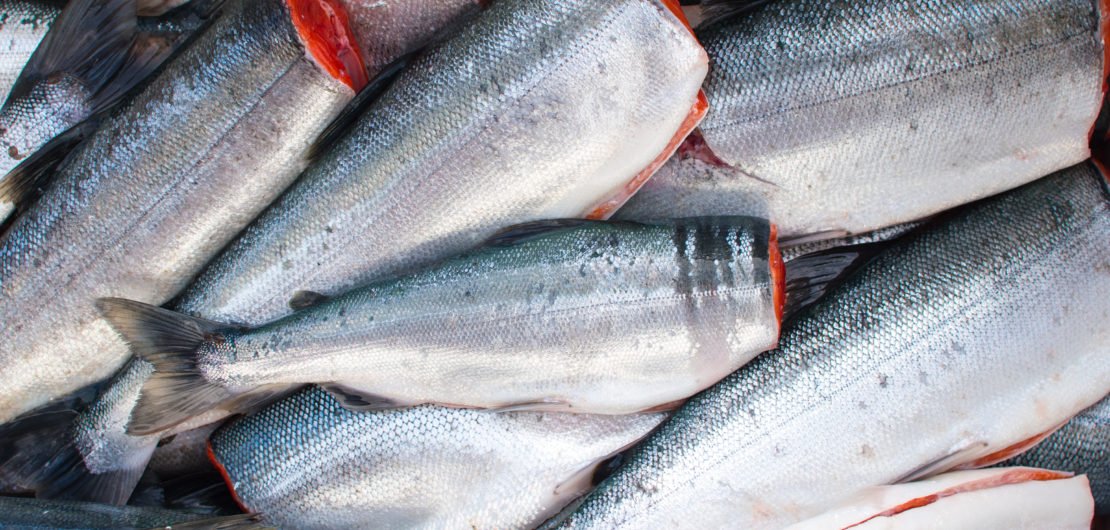
NPFMC, State and Federal decision makers fail to act, as some Alaska salmon runs at reach an all time low
JUNEAU, AK: This week in Sitka, Alaska, the North Pacific Fisheries Management Council failed to take action on Chinook and chum salmon bycatch, despite the pleas of a broad array of Alaskans and overwhelming evidence from state and federal scientists that some runs are on the verge of collapse.
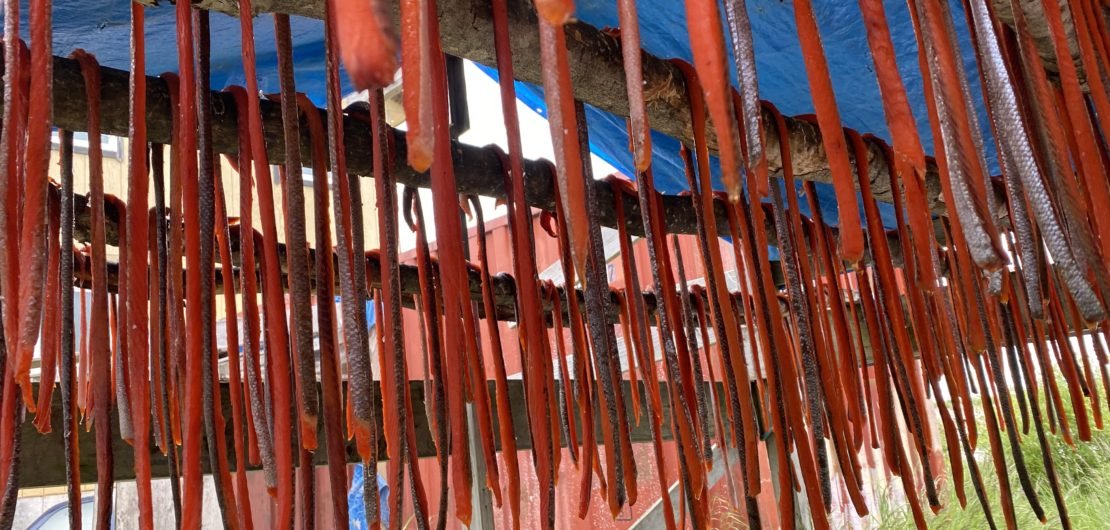
New reports show crisis; trawlers catch and discard Yukon, Kuskokwim Chinook and chum salmon while smokehouses empty
A number of salmon runs throughout Alaska are at unprecedented lows. Catastrophic failures and fisheries closures threaten fisheries-dependent communities, food security, culture and way of life as council governing bycatch prepares to meet in Sitka
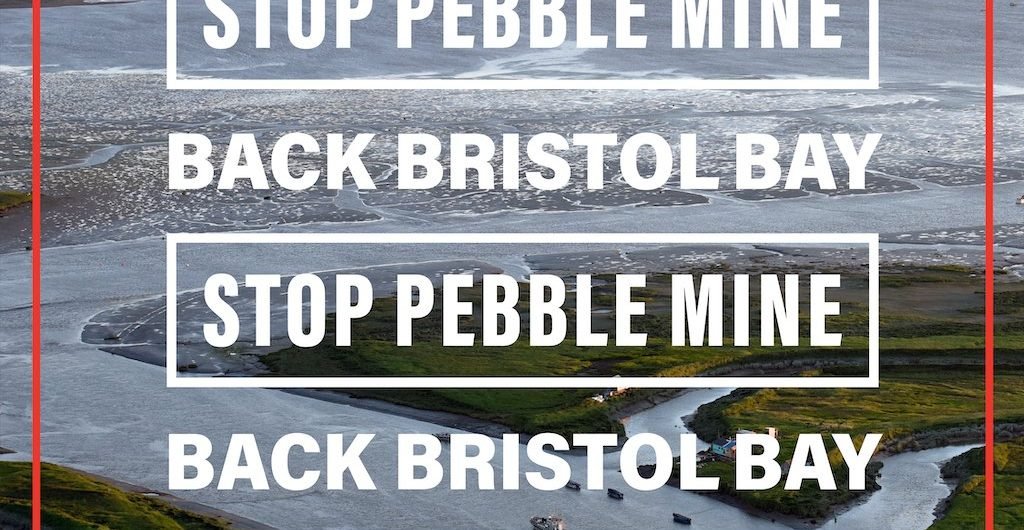
SalmonState urges swift action on EPA’s proposed protections for Bristol Bay, Alaska
HOMER— Today, as a record-breaking forecasted run of more than 70 million sockeye salmon make their way toward Bristol Bay, Alaska, the Environmental Protection Agency announced proposed protections for the region — which for more than two decades has been threatened by the ominous specter of the proposed Pebble Mine. SalmonState joins with Tribes, fishermen and Bristol Bay communities in urging the EPA to finalize these protections before the end of 2022.

SalmonState welcomes the Alaska Salmon Research Task Force Act as a first step towards addressing devastating salmon declines
JUNEAU—On December 17, U.S. Senators Dan Sullivan and Lisa Murkowski introduced the Alaska Salmon Research Task Force Act which, if passed, would form a panel of salmon stakeholders and experts to assess current salmon research and develop recommendations to guide future salmon research and management.
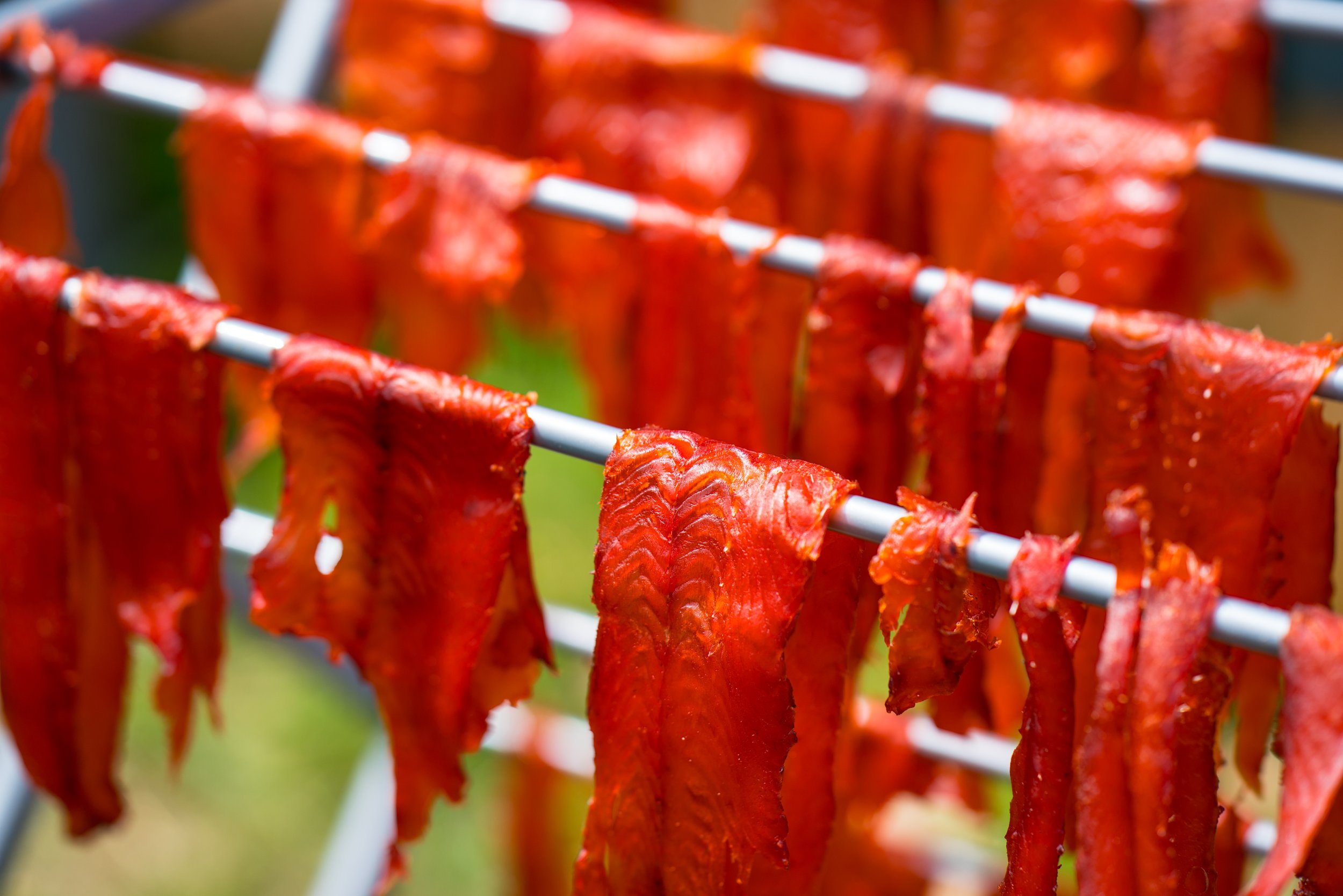
SalmonState on CODEL’s roundtable: These actions will help wild salmon
JUNEAU—Alaska’s Congressional delegation will host a salmon roundtable tomorrow, Wednesday, Dec. 8 and Thursday, December 9, beginning at 12:30 p.m. AKST both days.
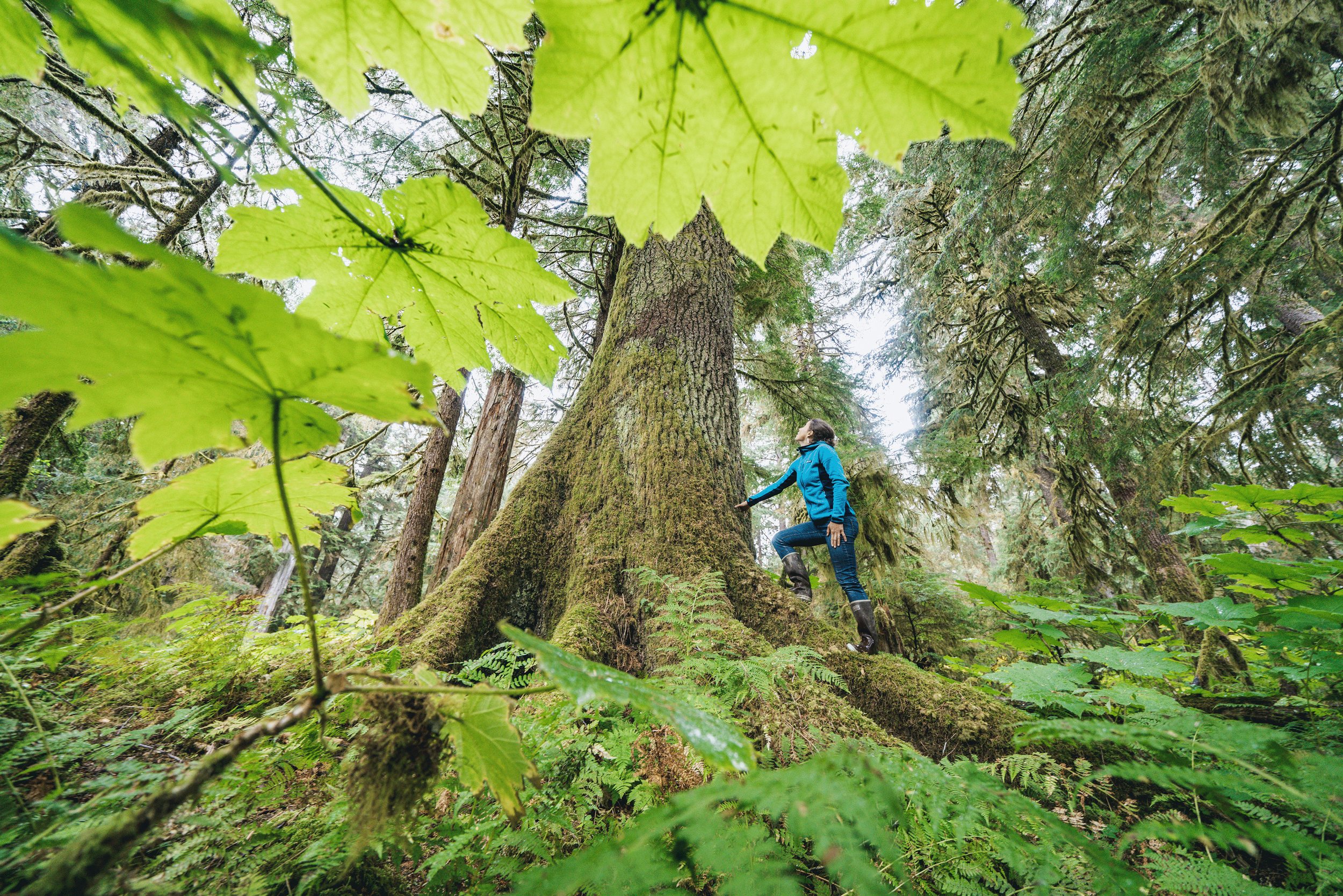
SalmonState praises Biden Administration for prioritizing sustainable uses of the Tongass National Forest by reinstating Roadless protections
JUNEAU, AK — Tonight, SalmonState commends the Biden Administration for its decision to reinstate protections for road-free areas of the America’s largest and wildest national forest. The Roadless Area Conservation rule, in place for two decades, was rolled back by the Trump Administration. That move proved wildly unpopular within the region and across the nation.
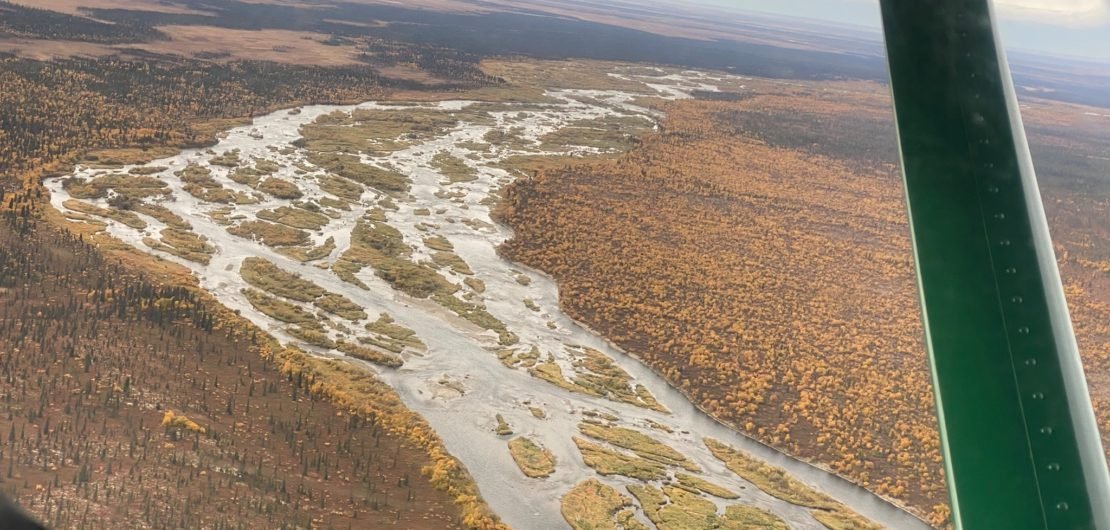
SalmonState applauds the EPA for setting a deadline for permanent Clean Water Act Protections for Bristol Bay
HOMER—SalmonState applauds the EPA for setting a deadline for permanent Clean Water Act Protections for Bristol Bay.
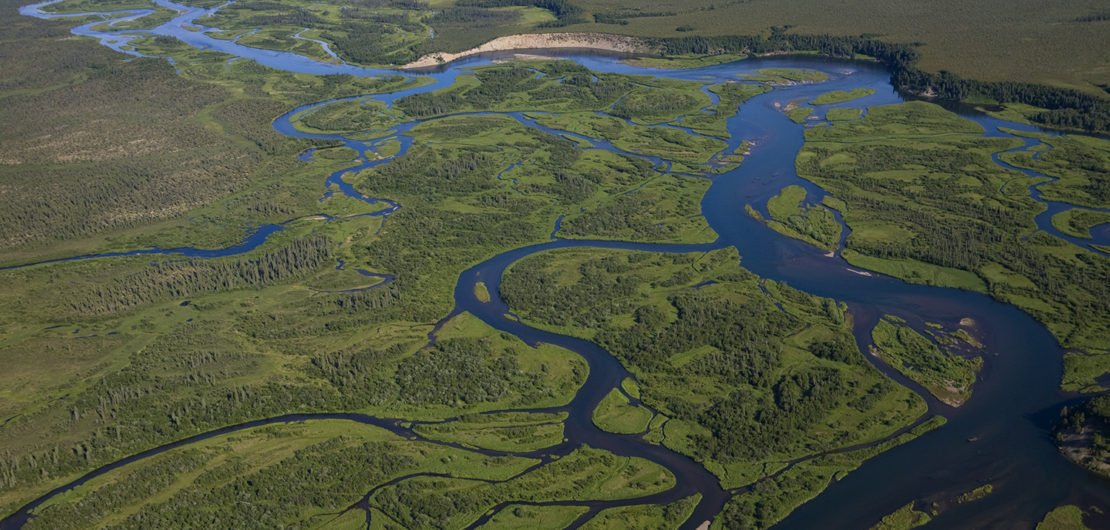
SalmonState: After court ruling, it’s even more clear EPA must stop Pebble Mine now
ANCHORAGE—Today, a U.S. District Court ruling paves the way for the Environmental Protection Agency to complete its Clean Water Act process aimed at protecting Bristol Bay from the massive, open pit Pebble Mine and associated industrial development. In essence, the court has made clear that the EPA has the ability to issue 404(c) protections under the Clean Water Act. For the past two decades, Tribes, fishermen, Alaskans and Americans across the country have been fighting the threat of the proposed Pebble Mine: a massive open pit gold, copper and molybdenum mine proposed for Bristol Bay’s headwaters.
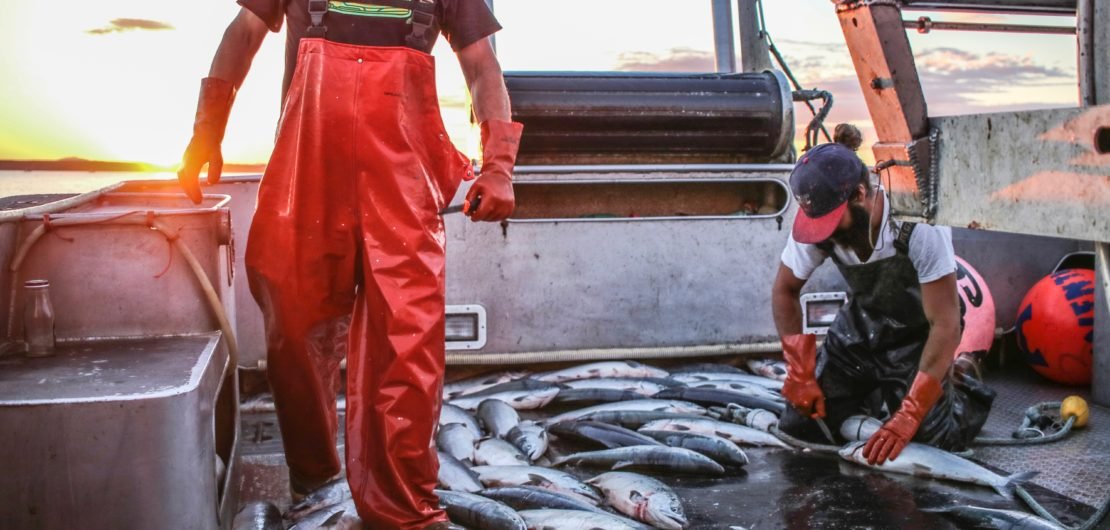
SalmonState applauds EPA for resuming path toward protections for Bristol Bay
“The Environmental Protection Agency’s announcement that it plans to cease defending the Trump administration’s backroom deal abandoning science-based protections for the world’s most productive sockeye salmon habitat, Bristol Bay, is a step in the right direction.”
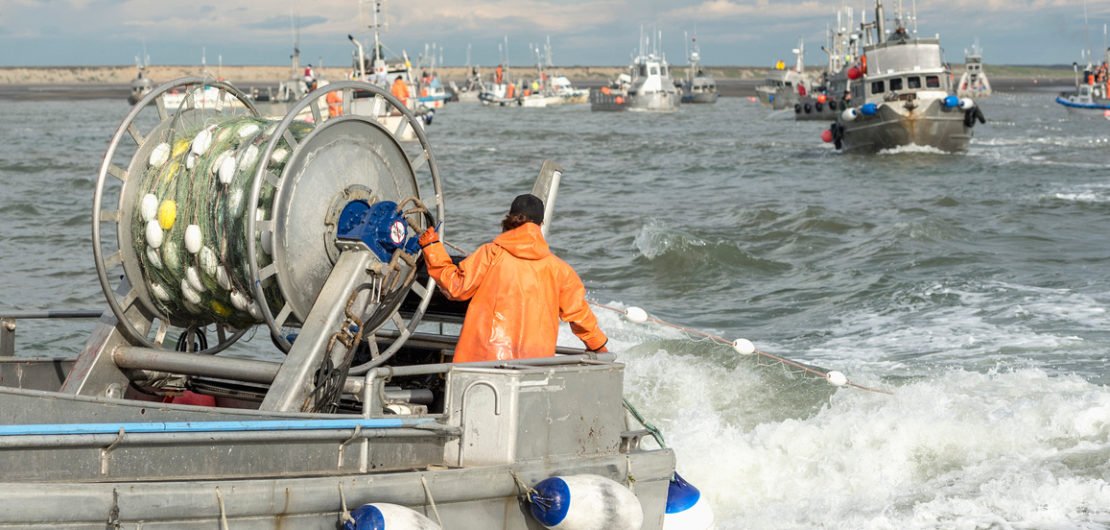
New MSA Reauthorization bill gives Alaska’s fishing communities and fishermen tools they need
ANCHORAGE— SalmonState applauds the introduction of Sustaining America’s Fisheries for the Future Act, which reauthorizes the Magnuson-Stevens Act (MSA) — the bill governing fishing in federal waters. Vitally, the act updates the MSA to include challenges like climate change adaptation and bycatch reduction, and to ensure community participation and Tribal representation. It was introduced by Representative Jared Huffman (D-CA) and Representative Ed Case (D-HI). The MSA has not been updated since 2006.
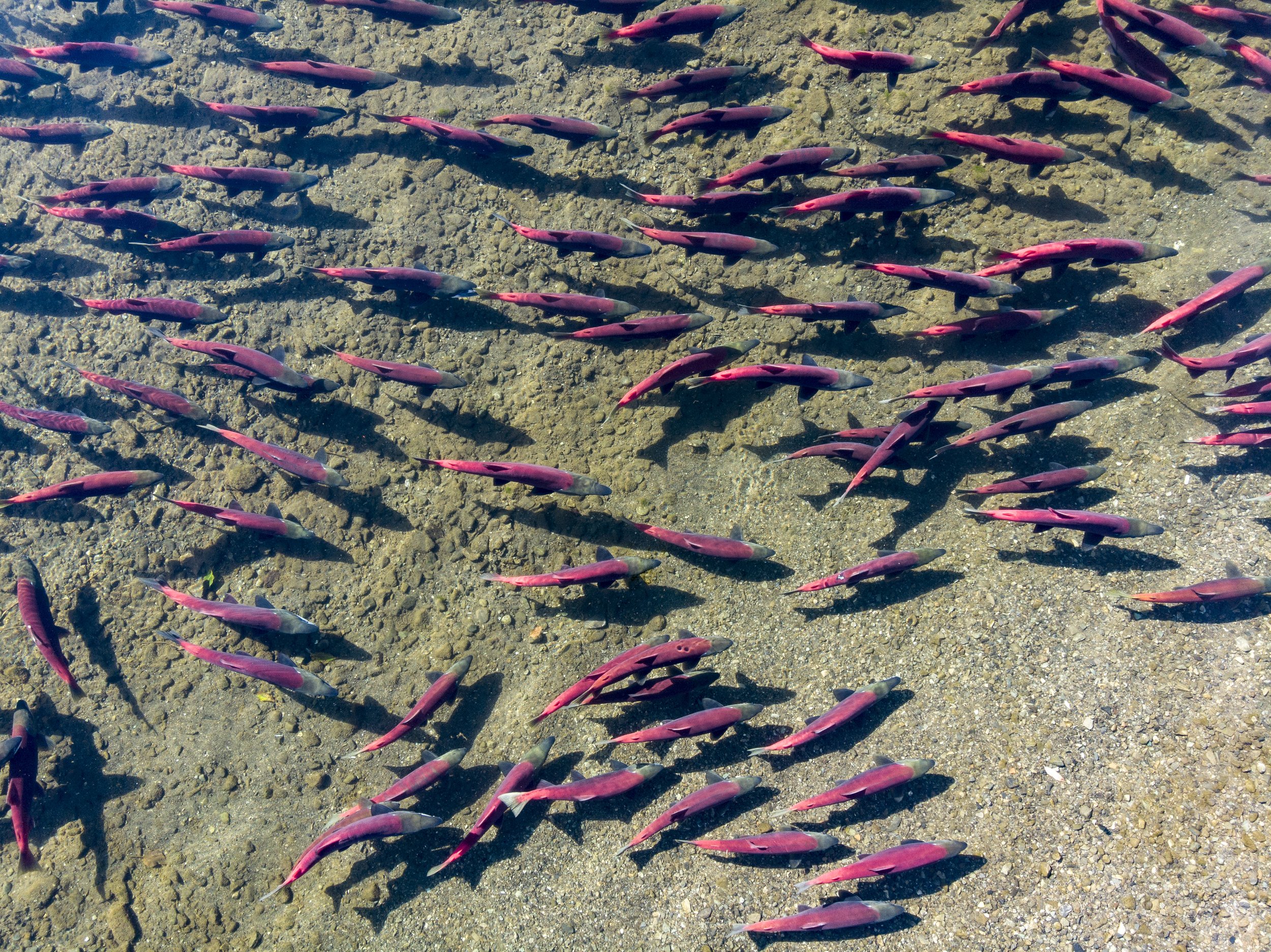
Bristol Bay is breaking records. It’s time to ensure it can break them for years to come.
ANCHORAGE—63,220,985 sockeye have returned to Bristol Bay’s lakes, rivers and streams this season as of July 20, breaking a record set only in 2018.
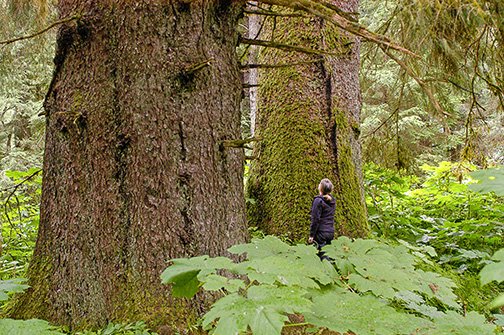
With today’s move into the 21st century, the Tongass timber wars are over
JUNEAU—Today’s U.S. Forest Service announcement ending industrial-scale old growth logging, moving toward restoring Roadless Rule protections, and prioritizing the sustainable uses of the Tongass National Forest is a long-overdue move to shift management of America’s largest national forest into the 21st century.
